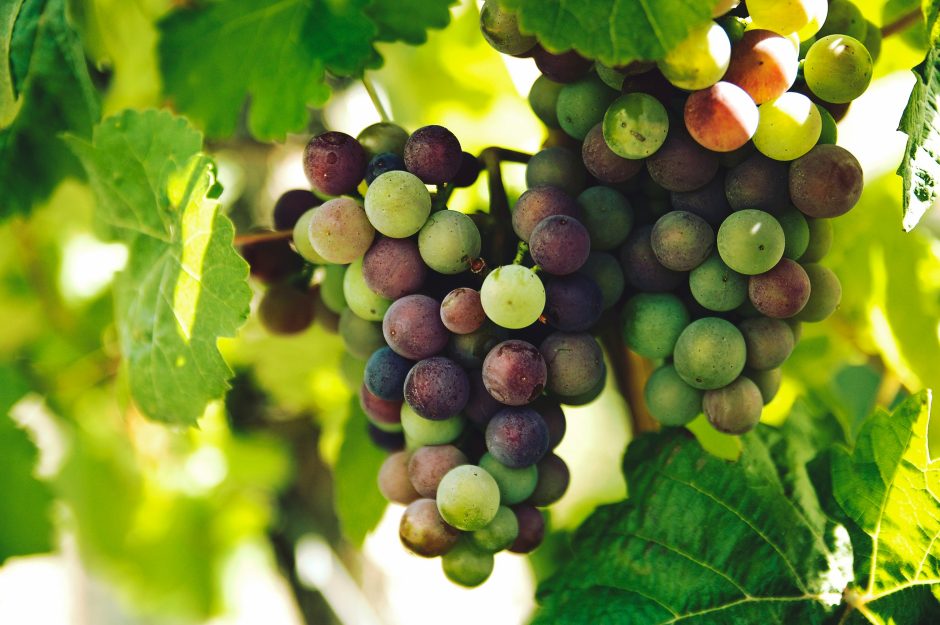Pruning, Patience and Reframing: Summer 2024
I’m writing this just a week or so after the conclusion of this past season’s Faith & Life series—which ended with Vikings Head Coach Kevin O’Connell reflecting on servant leadership from a Christian perspective.
I’d commend that talk to you, but I’d also commend all of the other talks from the season, which included an inside look at the funeral of Queen Elizabeth II and the Coronation of Charles III, an exploration of what it means to be a beloved child of God even when you haven’t had a stable family growing up, a conversation about how we stay connected in an increasingly polarized culture, and—maybe most important for this issue of Inspire—a conversation about food in the Bible.
In her talk about Faith & Food, Margaret Feinberg focused on a couple of food items commonly found in the Bible—grapes and olives. The whole talk is, as I say, definitely worth a listen, but given that this issue is about “Growth,” I’ll just lift up a few quick points she shared about vines and branches and grapes. Jesus, most famously, draws our attention to this as a metaphor for the life of faith in John 15.
First, she shared that vines require pruning. This may seem painful or negative—God harming or cutting or taking something away. As Feinberg points out, though, the point of pruning, which is actually a very focused and gentle procedure, is to maximize the growth of the healthiest grapes—allowing them to get the sun and rain and nutrients they need to flourish and thrive. Reminder to us: Maybe our own lives need periodic pruning, too.
Second, she shared that, contrary to our expectations, the best and most flavorful grapes are grown not in nutrient-rich soil which makes growth easy, but rather in soil that is hard and difficult. This forces the roots of the plant to go deep for nutrients, which strengthens the grapevine and results in the best grapes. Reminder to us: Maybe we can reframe how we think about challenges and difficulties in our lives—recognizing that perhaps God can use them to create something beautiful.
Finally, she shared that vines and grapes—and the wine they eventually become—are not a quick proposition. When a cane is first grafted onto a vine, it can take four or five years before the vintner actually harvests any grapes, and it can be years later before those harvested grapes are enjoyed as wine. It is a slow, quiet, methodical process. Reminder to us: Maybe we need to be more patient—with ourselves and with God—trusting that just because it might be slow, quiet and hard to see, important growth is still happening.
Friends, with you, I celebrate that we have been grafted onto the great vine who gives us life, who nourishes us, and who allows us to bear fruit. I pray that you may enjoy the grand adventure of becoming the wine God intends you to be.
Patiently Yours,

















Chris Winfield, Inside Sales
in Profiles from SPDAsh Wednesday
in Life at St. PhilipAtheist Delusions
in What I'm ReadingThe Feast
in UncategorizedDomes, Epitaphs and Lasting Legacies
in Featured Reflections on the Life of FaithLent 2010: See
in Life at St. PhilipFirst Communion
in UncategorizedI Am Never Alone
in Uncategorized